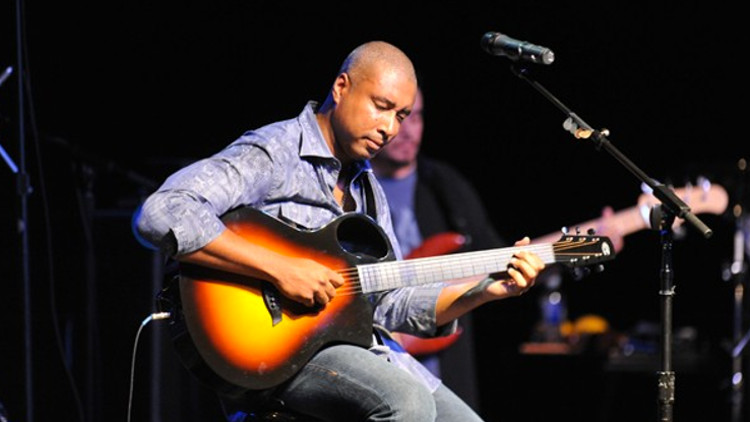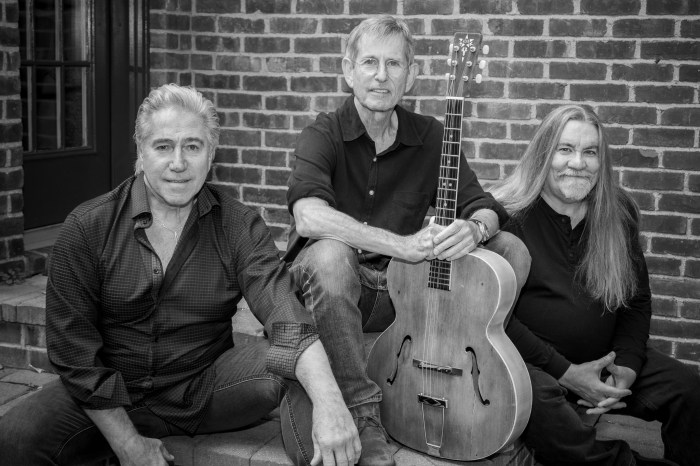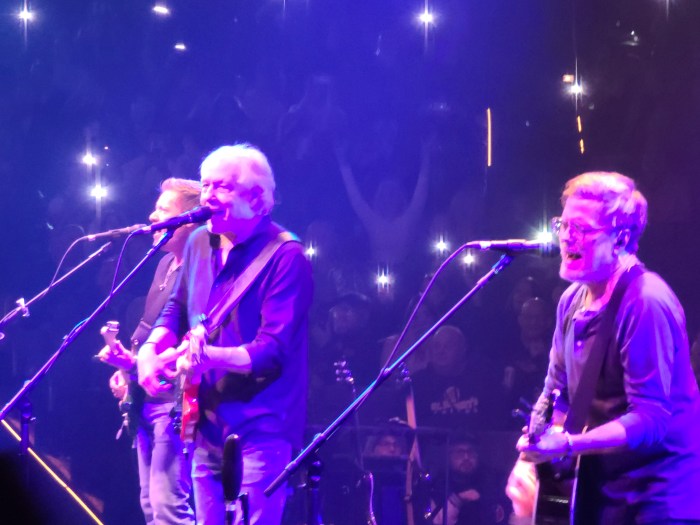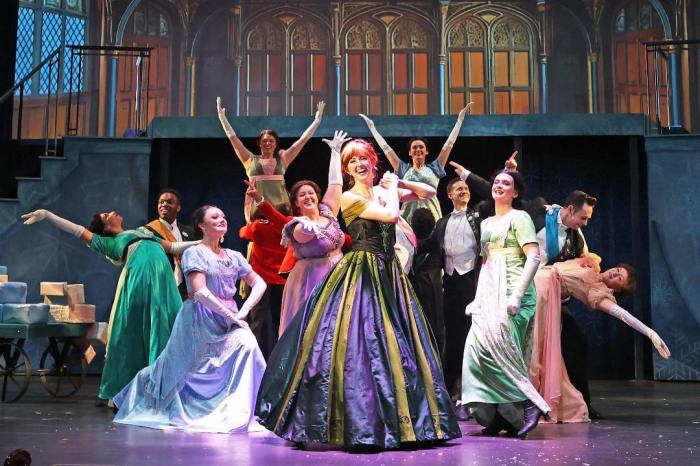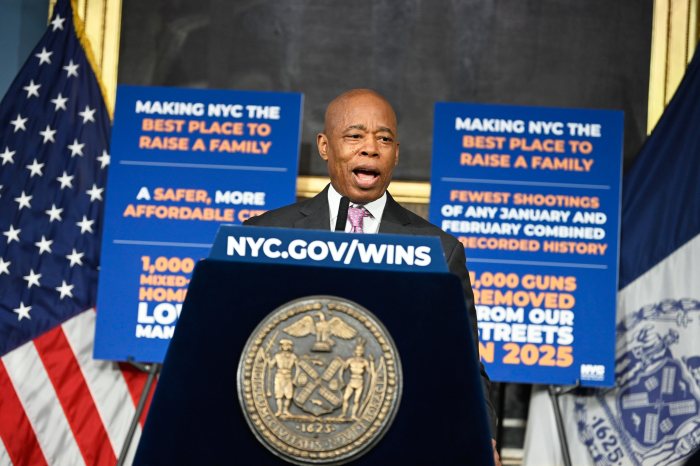As his band mates leave the platform after a thorough sound check, the man who once patrolled centerfield at Yankee Stadium wearing No. 51 on his back stays on the stage, fine-tuning the sounds that his instruments produce and methodically going over the rhythms and melodies that piece together his work.
Observing from the seats, you couldn’t tell that Bernie Williams, a four-time World Series champion who spent his entire 16-year career with the New York Yankees, was once a deceptively exquisite athlete who had a knack for delivering in big moments—a flair for the dramatic that belied his tranquil demeanor.
Rather, you see a highly skilled musician feverishly working on his craft, somehow untainted by his success in the outfield. Williams absorbs advice and heeds notes from his band and tech crew. It takes a special someone to conquer a professional sport, but to transcend the game and become something more through music is a quality few have. Williams has truly gone from centerfield to center stage.
Williams and His All-Star Band performed in front of a sellout crowd at the Madison Theater, located at Molloy College in Rockville Centre, on June 6. The concert supported two causes that helps disadvantaged youngsters: Long Island Bombers, a group dedicated to educating the public on blindness and providing visually impaired athletes the opportunity to play baseball, and the Rockville Centre Little League Challenger Division, which helps children with disabilities pursue fun on the baseball field.
Williams, who plays lead and rhythm guitar, composes music that blends jazz, classical, pop and the Latin sounds of his heritage. After signing with Paul McCartney’s publishing company, MPL Communications, in 2003, he released his debut album, “The Journey Within,” and saw it soar to No. 3 on Billboard’s Contemporary Jazz Chart. Williams collaborated with other artists such as Bruce Springsteen, Patti Scialfa, Jon Secada and Dave Koz in 2009 for his second album, “Moving Forward,” which came out on the Reform Records label.
“I developed a huge love of music through my father,” Williams, who grew up in Puerto Rico, tells the Press. Bernabé Williams Figueroa Sr. was a merchant marine. Returning home from Spain, the father surprised his eight-year-old son with a flamenco guitar. From then on, Williams was hooked on the instrument, the five-time All-Star says, adding, “I basically kept asking him to teach me to play guitar.” His passion for competitive sports went hand-in-hand with his affection for music. The blooming student-athlete swiftly shined in both pursuits, going on to attend the special performance arts school, Escuela Libre de Musicam, at age 13, while becoming one of the most distinguished young athletes on the island.
Despite his musical success, Williams has not stopped learning. He is currently in his junior year at Manhattan School of Music, where he’s pursing a degree in jazz performance. The former Yankee poked fun at his family, noting that the pressure was on him to get a degree.
“I was being a little regulated in my family because I was the only one without a college degree,” he says. He jokes that he has a doctorate degree in baseball, but still needs an authentic degree in music. “Being able to go back to school and earn my degree is something very important to me,” Williams says.
Asked if his fame as a baseball player carries over into a classroom full of students that are barely half his age, the former Bronx Bomber insists, “The only thing that matters in that school is if you can play.”
With an emphasis on jazz, Williams has made a commitment to learning as much as he can about the genre, studying its history and its origins. He mentions the great saxophonist Coleman Hawkins and top trumpeters Louis Armstrong and Dizzy Gillespie as his inspirations.
Burdened by 16 grueling 162-game seasons (plus a remarkable run of 121 playoff games during his career), Williams devoted his spare time in the clubhouse to his music.
“With downtime, you always find time to do something, whether before games or after, so I just [chose] to practice guitar a lot,” he explains.
Williams reminisces about playing with his former teammate Paul O’Neill, a drummer enthusiast, during the season. “Paul is an actual player, he had a drum setup at a room in the old stadium,” he says. “We used to go there after batting practice or during rain delays and just jam a bit.”
In his book, “Rhythms of the Game,” the Major League Baseball player turned musical performer relates how the two passions in his life played off each other.
“A lot of the aspects of baseball and music are relatable,” he says. “It’s about rhythm and timing. Having good timing makes a lot of the notes you play pleasurable, and timing in baseball is key to the game. You have to time yourself to hit the ball in the perfect spot, and you have to time yourself to make a catch.”
Addressing the dozens of youngsters in attendance, Williams talked about how much it means to him to be able to give back to the community.
“I knew with the career I had in baseball,” he says, “it would be conducive to doing charity work. Adding the extra element of music makes it that much more special to kids who may not be involved in sports but can relate to me on another angle.”
Williams and his band were invited to the event by Ted Fass, owner of Entertainment Unlimited, which specializes in providing music, comedy, tribute bands and variety entertainment. Fass, who is visually impaired, is one of forerunners of the Long Island Bombers.
“We’re showing him our appreciation,” Williams says, “and that what he’s doing is making a lot of differences in people’s lives.”
With fame and fortune in his back pocket, Williams still remains humble. “I knew I was going to do something with music when I retired from the game of baseball,” he explains. “I didn’t know it would get this big, where I would perform at venues and get paid doing it. It’s a dream come true to do two things that I love. I feel very blessed to be able to succeed at both.”
Bernie Williams rocked The Space at Westbury back in January. Click here to check out Long Island’s Live Theater Guide, The Island Ear, for more shows and featured venues.




